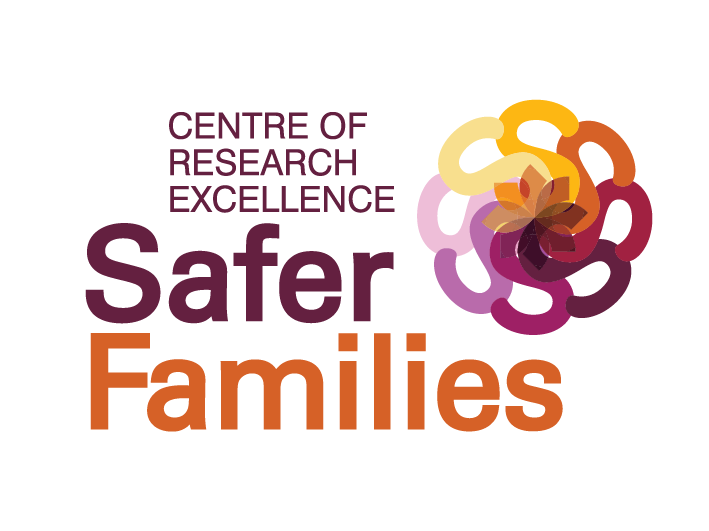Suggested Scripts to ACT
1. Responding to disclosure
Commonly women will “test the waters” and may give a partial or ambiguous response, even to direct questions. They may indicate that it has been in the past and is no longer current. It is useful to say something like:
“That sounds like it must have been difficult for you. Can you tell me some more about that?”
When a woman discloses it’s important to respond positively and immediately, even if you are unsure what you need to do next. It can be useful to say something like:
“Thank you for telling me this. It’s not okay that you are being hurt like that. I am going to help you get the support you need, so you can be safe/this doesn’t happen again.”
OR
“Thank you for telling us about what has been happening in your relationship. You don’t deserve to be hurt, and you have the right to feel safe. A midwife, doctor or social worker can support and connection you to helpful programs.”
It’s important not to make promises that you can’t keep, such as that you will keep the disclosure a secret.
Suggested Tool: LIVES
The World Health Organisation Clinical Handbook can assist with guiding clinicians after disclosure. The letters in the word “LIVES” can remind you of 5 simple tasks that identify and respond to both emotional and practical needs of the woman. Please refer to ‘LIVES’:
LISTEN - INQUIRE - VALIDATE - ENHANCE SAFETY - SUPPORT LIVES
2. Asking again later
Some guidelines suggest that re-screening should occur and women who experience abuse have also reported that this can be helpful. Some useful words to raise this issue again with woman include:
“At your first visit you might remember I asked you some questions about your relationship. Sometimes things change during your pregnancy. Can I check in with you again about that?”







